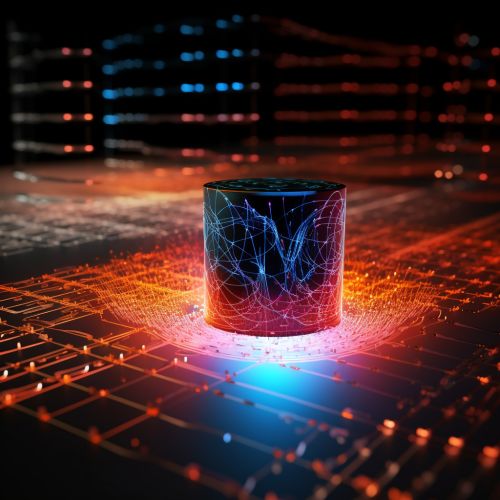The Physics of Quantum Computing in Cryptography
Introduction
Quantum computing is a rapidly evolving field that leverages the principles of quantum mechanics to perform computational tasks. One of the most promising applications of quantum computing is in the realm of cryptography, where it has the potential to revolutionize the way we secure and transmit information online.


Quantum Mechanics and Quantum Computing
Quantum mechanics is a branch of physics that describes the behaviors of particles at the quantum level, including atoms, electrons, and photons. In the context of quantum computing, two key principles of quantum mechanics are leveraged: superposition and entanglement read more.
Superposition refers to the ability of a quantum system to exist in multiple states at once. This is in stark contrast to classical computing, where a bit can only be in one of two states: 0 or 1. In quantum computing, a quantum bit, or qubit, can exist in a state of 0, 1, or any superposition of the two read more.
Entanglement is a phenomenon where two or more particles become linked, such that the state of one particle is directly related to the state of the other, no matter the distance between them. This property is leveraged in quantum computing to create a high degree of parallelism, allowing for complex computations to be performed more efficiently than on classical computers read more.


Quantum Computing in Cryptography
Cryptography is the practice and study of techniques for secure communication in the presence of third parties. Classical cryptography relies on the computational difficulty of certain problems to ensure security. For instance, the widely used RSA encryption algorithm is based on the difficulty of factoring large prime numbers, a task that is computationally expensive for classical computers read more.
However, with the advent of quantum computing, these classical cryptographic algorithms could potentially be broken. A quantum computer could factor large numbers much more efficiently than a classical computer, rendering RSA encryption insecure. This has led to the development of quantum cryptography, which leverages the principles of quantum mechanics to secure information.
One of the most well-known quantum cryptographic protocols is Quantum Key Distribution (QKD). QKD allows two parties to generate a shared secret key that can be used for secure communication. The security of QKD is based on the principles of quantum mechanics, rather than on computational difficulty. This makes it secure against any future advances in quantum computing read more.


Challenges and Future Directions
While quantum computing and quantum cryptography hold great promise, there are still many challenges to be overcome. Quantum computers are still in their infancy, with many technical hurdles to be overcome before they can be used for practical applications. Similarly, while QKD has been demonstrated in laboratory settings, there are many practical challenges to its widespread adoption, including the need for specialized equipment and the difficulty of maintaining quantum states over long distances read more.
Despite these challenges, the potential benefits of quantum computing in cryptography are immense. As research continues and technology advances, it is likely that we will see more practical applications of quantum computing in the field of cryptography in the coming years.


